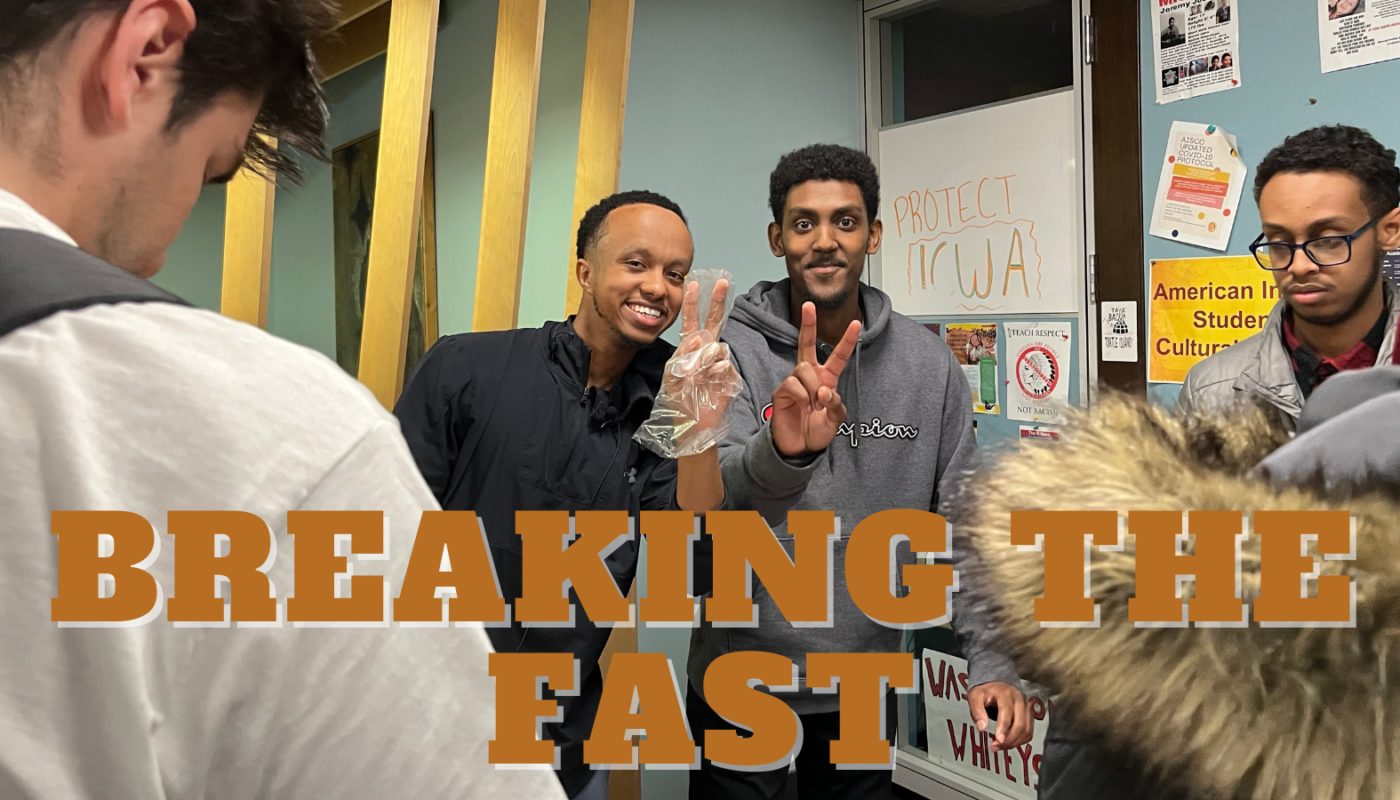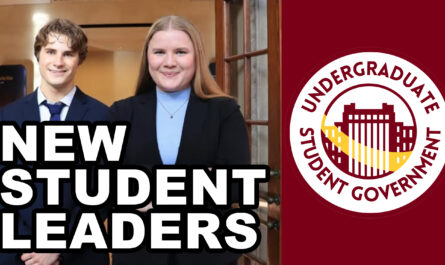MINNEAPOLIS – Ramadan ends this week, marking one month of daylight fasting for Muslims across the globe.
Muslims who observe Ramadan abstain from eating and drinking from sunrise to sunset. They also increase prayer and community worship during that time. Muslims begin their fast by eating a pre-dawn meal, known as suhoor, and end their fast after sunset with a meal known as iftar.
And at the Al-Madinah Cultural Center (AMCC), U of M Muslim students are coming together in a community to break their fast. AMCC has hosted daily iftars throughout Ramadan, to help provide food and drink to students who have fasted nearly 14 hours.
“If your breakfast wasn’t filling enough, sometimes it might be hard, but sometimes it might be simple,” said Hadeal Rizeq, a U of M Muslim student. “It depends on how long the days are.”
Right now, the sun rises around 6:15 a.m., while the sun sets at 8:10 p.m., so not eating or drinking anything between then can take a toll on your body, but that doesn’t stop Rizeq from looking for a silver lining.
“When you do survive the fast, you definitely recognize that your self-discipline muscle is a lot stronger, and that you as a person are more resilient than you think you are,” Rizeq explained. “You just feel that pureness, when you know, actively focusing on yourself with something that is not food related.”
And Rizeq mentioned she’s also focusing on connecting with other Muslim students at the U during the final days of Ramadan.
“We just really care about the community a lot. And I think that’s what keeps the momentum going.”
That, and knowing how important this holiday is to Rizeq and others like Rahma Ali.
“It’s just a way for us to come together at the end of the day and you know, celebrate something that we view as very important in our religion,” Ali said.
Just as important as supporting each other.
“How’s your day been goin’?” Sam Bakri asked another U of M Muslim student.
“Pretty good,” they responded.
“Being around Muslims around the same age is also really important,” Ali said. “We connect. It’s much easier to connect. So, it’s important for each and every one of us to come together around this time and celebrate as much as we can.”
And they celebrate with delicious food, like dishes with paneer.
But now that Ramadan is coming to end, Muslims are already looking forward to the next Islamic holiday – Eid al-Fitr.
This holiday is more well known as the “festival of breaking the fast” in the United States. It provides Muslims the opportunity to eat foods they could not have during Ramadan, donate to the poor and pray. The holiday begins Saturday and lasts for a couple of days, depending on the country.




